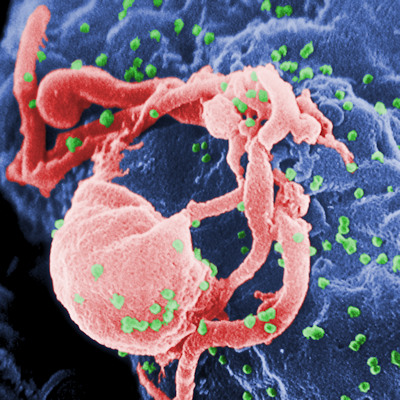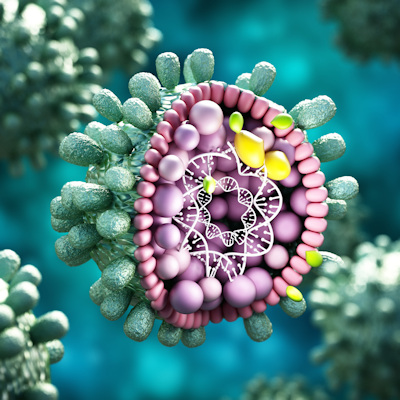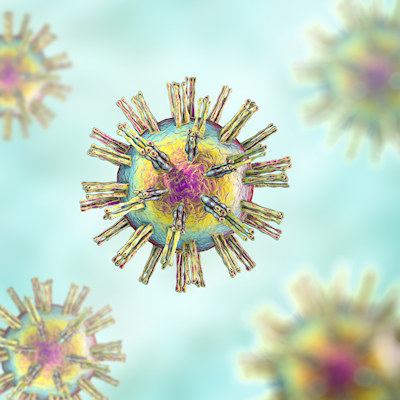August 29, 2022 -- Researchers at Karolinska Institutet in Sweden have developed a new type of treatment for chronic hepatitis B virus (HBV) and hepatitis D virus (HDV) infections that may provide a lasting treatment response.
At the moment, chronic infections of the viruses are major causes of severe liver damage and liver cancer, despite the availability of an HBV vaccine. The novel treatment consists of two components: a DNA-based vaccine that activates the production of neutralizing antibodies and T cells; and repeated doses of a protein-based vaccine to reinforce the activation of the immune system (Hepatology, August 17, 2022).
The treatment was given to mice carrying parts of the hepatitis B and D virus and the animals produced the desired antibodies and T cells at high levels. The antibodies from treated mice were able to protect them against simultaneous infection with HBV and HDV. The antibodies also protected mice with chronic HBV infection against HDV infection, which is important because humans with HBV infection are often at risk for contracting an HDV infection.
Going forward, the researchers are developing the treatment for humans and optimizing the protein-based part to enable large-scale production to pharmaceutical standards. After that, they'll conduct the final safety studies before applying the treatment to their first study with human subjects.
Copyright © 2022 scienceboard.net









